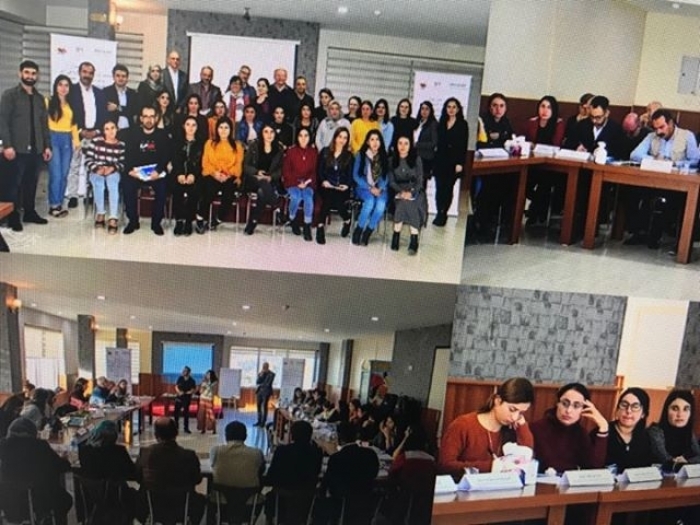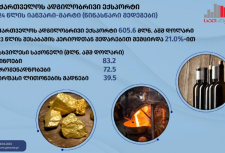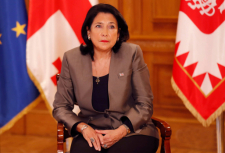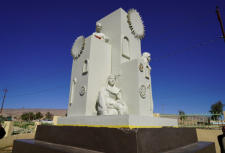Yazda organised a workshop in Iraq on Designing an Internationalized Justice Mechanism in Iraq

On 20 and 21 November 2019, Yazda organised a workshop in Iraq on Designing an Internationalized Justice Mechanism in Iraq.
After almost two years after its military defeat in Iraq, cases against the so-called Islamic State (IS) are still mainly brought to Iraqi courts under anti-terror legislation, meaning defendants are frequently convicted on the basis of IS membership rather than actual deeds, and victims have little opportunity to participate in or be properly informed of proceedings. Thousands of fighters are also held in camps by Kurdish and Turkish forces. Some of them managed to escape and walk now freely and others are or will be sent to their country of origin.
In this context, discussions recently started around the topic of establishing an international tribunal, hybrid tribunal or special or extraordinary chambers in Iraq to prosecute these crimes. Several high level meetings took place the last couple of months in New York and in Sweden, bringing together State representatives and international legal experts. However, victims and civil society representing the victims seem to be excluded from the discussions and are sometimes not even aware of the options they have in terms of accountability.
In order to fill this gap, Yazda organized a two-day workshop, funded by GIZ and partly by IOM, on the topic of Designing an Internationalized Justice Mechanisms in Iraq.
During the workshop, two legal experts from the Open Society Justice Initiative, Beini Ye and Eric Witte (OSJI) and Yazda Documentation Project Manager, Natia Navrouzov, presented and discussed with the participants different justice mechanisms implemented in post-conflict areas around the world. The aim was to analyze how such mechanisms were designed, the lessons learned and options that could be applicable to Iraq.
Over 40 participants attended the workshop including Yazidi survivors who were previously trained by Yazda on Transitional Justice, Yazidi NGOs and representatives of other minorities (Shabak, Christian, Kaka'ï and Turkmen).
Tags:
Yazda organised a workshop in Iraq on Designing an Internationalized Justice Mechanism in Iraq

On 20 and 21 November 2019, Yazda organised a workshop in Iraq on Designing an Internationalized Justice Mechanism in Iraq.
After almost two years after its military defeat in Iraq, cases against the so-called Islamic State (IS) are still mainly brought to Iraqi courts under anti-terror legislation, meaning defendants are frequently convicted on the basis of IS membership rather than actual deeds, and victims have little opportunity to participate in or be properly informed of proceedings. Thousands of fighters are also held in camps by Kurdish and Turkish forces. Some of them managed to escape and walk now freely and others are or will be sent to their country of origin.
In this context, discussions recently started around the topic of establishing an international tribunal, hybrid tribunal or special or extraordinary chambers in Iraq to prosecute these crimes. Several high level meetings took place the last couple of months in New York and in Sweden, bringing together State representatives and international legal experts. However, victims and civil society representing the victims seem to be excluded from the discussions and are sometimes not even aware of the options they have in terms of accountability.
In order to fill this gap, Yazda organized a two-day workshop, funded by GIZ and partly by IOM, on the topic of Designing an Internationalized Justice Mechanisms in Iraq.
During the workshop, two legal experts from the Open Society Justice Initiative, Beini Ye and Eric Witte (OSJI) and Yazda Documentation Project Manager, Natia Navrouzov, presented and discussed with the participants different justice mechanisms implemented in post-conflict areas around the world. The aim was to analyze how such mechanisms were designed, the lessons learned and options that could be applicable to Iraq.
Over 40 participants attended the workshop including Yazidi survivors who were previously trained by Yazda on Transitional Justice, Yazidi NGOs and representatives of other minorities (Shabak, Christian, Kaka'ï and Turkmen).
Tags:

























